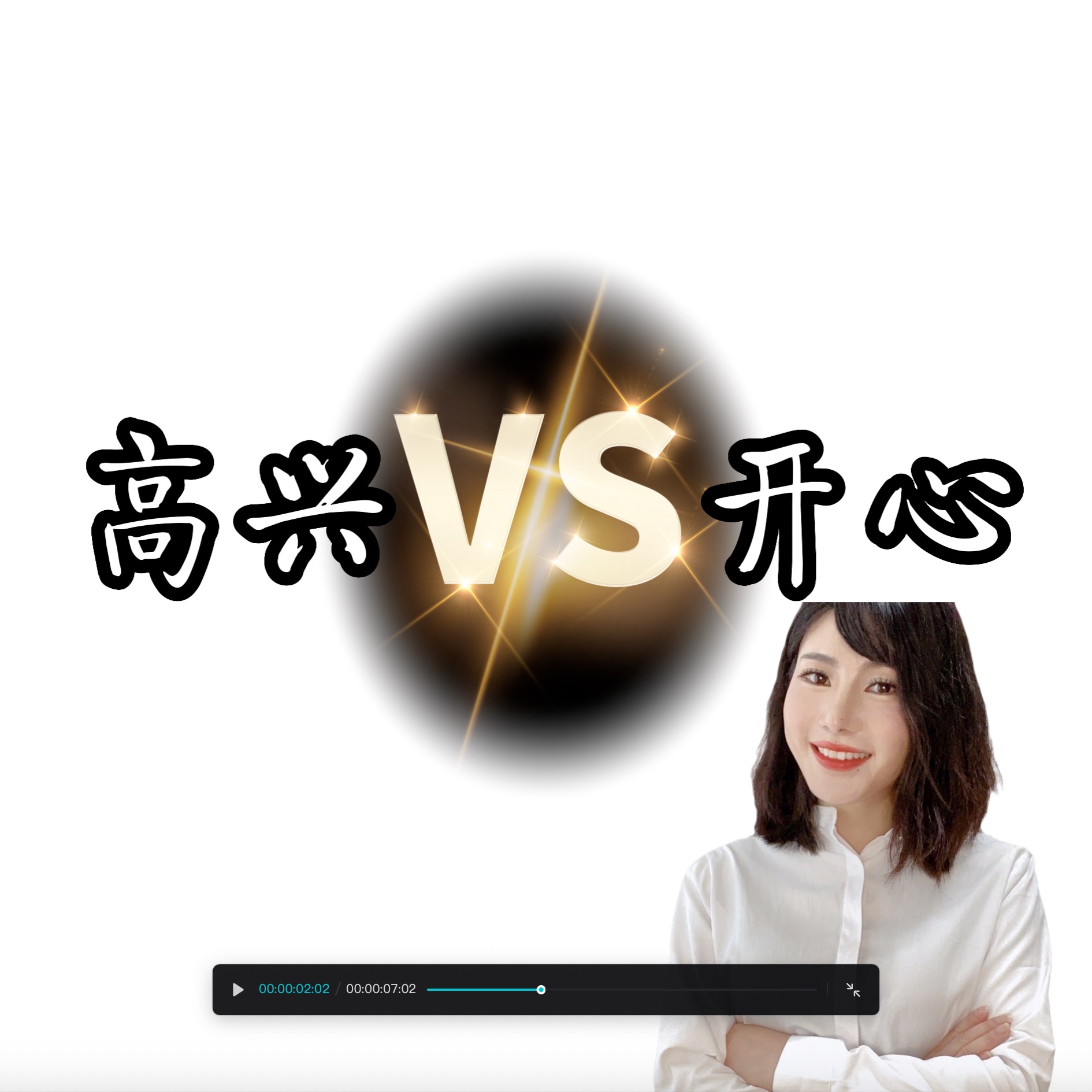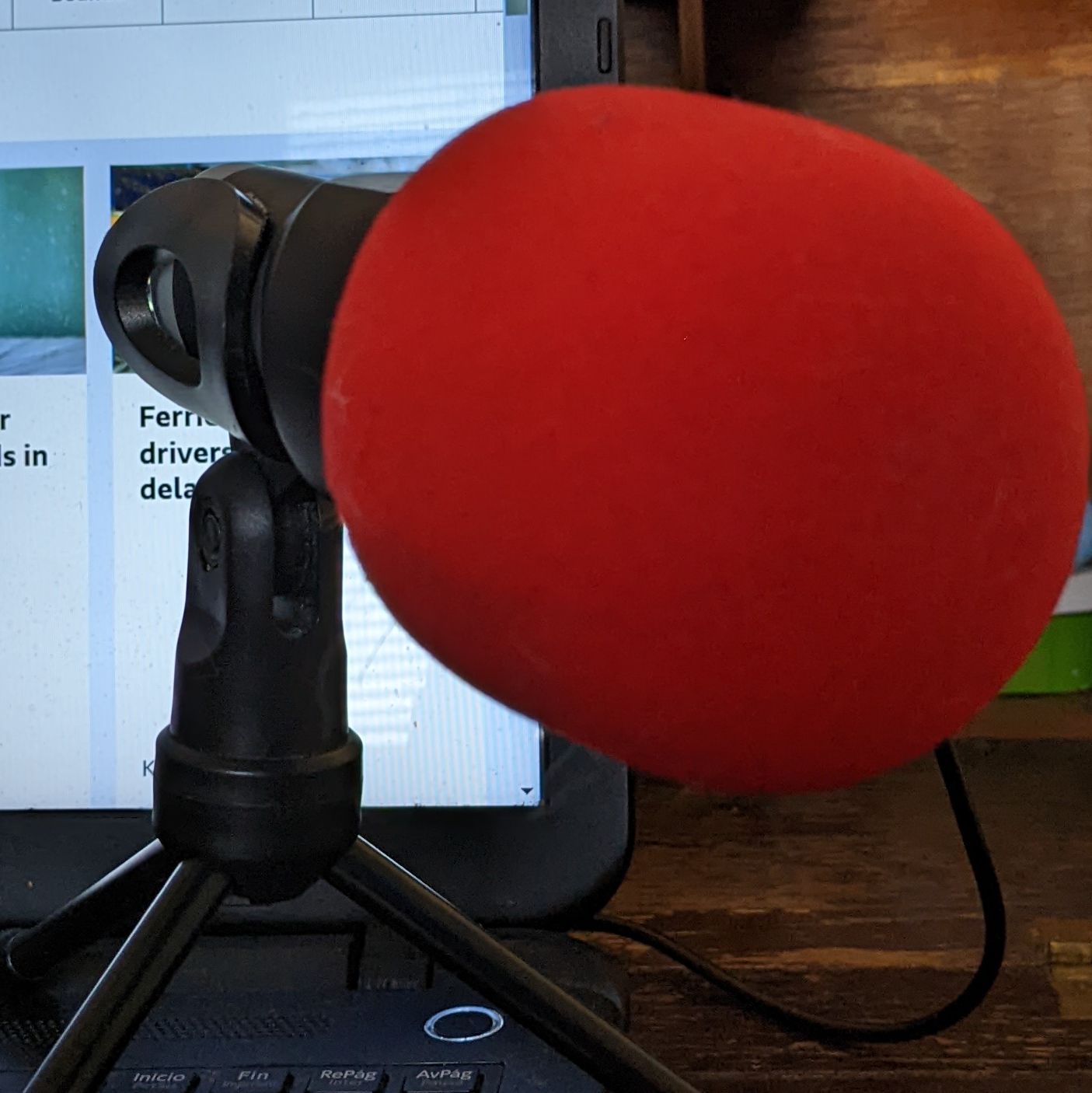寻找适合你的 英语 教师…

会 (huì) VS 可以 (kěyǐ) VS 能 (néng)
描述
会 (huì) means "to be able to" or "to know how to." It is used to describe a specific skill or ability that someone has. For example:
我会说中文。 (Wǒ huì shuō Zhōngwén.) - I can speak Chinese.
可以 (kěyǐ) means "to be allowed to" or "to have permission to." It is used to describe whether someone is allowed or permitted to do something. For example:
你可以坐这里。 (Nǐ kěyǐ zuò zhèlǐ.) - You are allowed to sit here.
能 (néng) means "to be able to" or "to have the ability to." It is used to describe a general ability or capability that someone has. For example:
我能做这件事。 (Wǒ néng zuò zhè jiàn shì.) - I am able to do this.
In general, 会 is used to describe a specific skill or ability that someone has, while 可以 is used to describe whether someone is allowed or permitted to do something, and 能 is used to describe a general ability or capability that someone has.
播客频道
Difference between A and B in Chinese with Shanmei
播客创作者
所有播客集

Christmas Preparations

1143 Who Was Marie Collett? LBC, British Airways Travel News & Radio Style in the 1980s

1142 Where Is Christmas Today? A Bus Ride and a Walk Through the Shops

On This Date: 10 December 1936 – King Edward VIII Abdicates for Love

Neil McTaggart's Crossing (9): A Story of 1920s Scottish Emigration to Canada
热门播客集

Teacher Joseph's Podcast
Christmas Preparations

Teacher Joseph's Podcast
1143 Who Was Marie Collett? LBC, British Airways Travel News & Radio Style in the 1980s

Teacher Joseph's Podcast
1142 Where Is Christmas Today? A Bus Ride and a Walk Through the Shops

Teacher Joseph's Podcast
On This Date: 10 December 1936 – King Edward VIII Abdicates for Love

Teacher Joseph's Podcast
Neil McTaggart's Crossing (9): A Story of 1920s Scottish Emigration to Canada